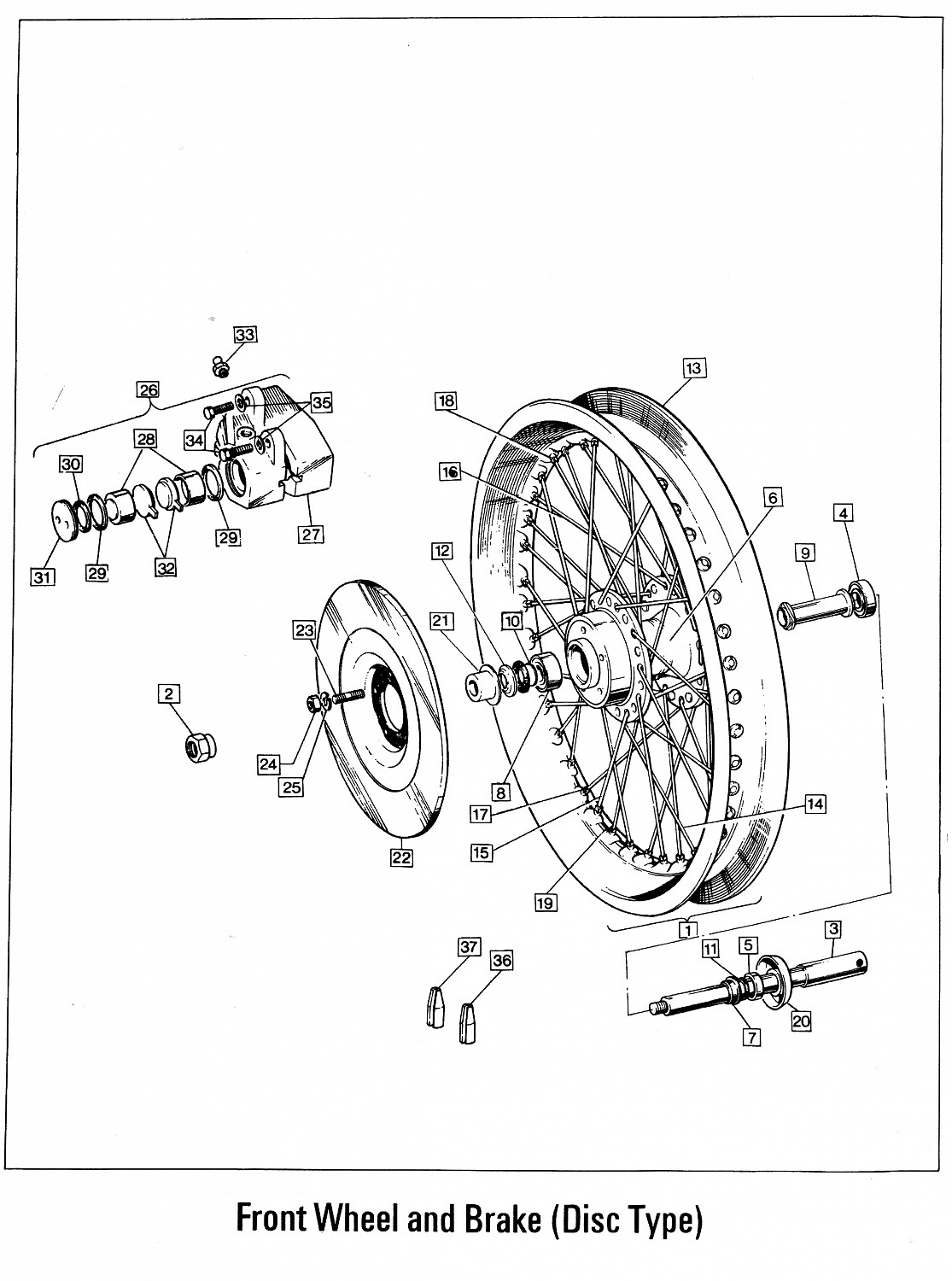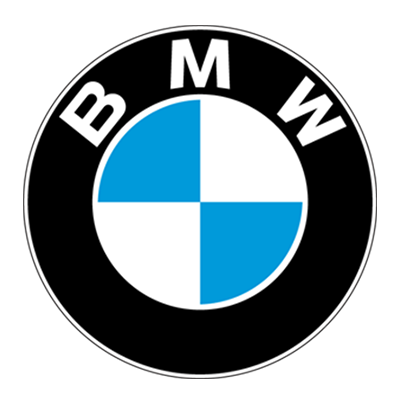baz
VIP MEMBER
- Joined
- May 26, 2010
- Messages
- 8,649
I'd never thought about it years agoIt depends on the configuration. If the wheel was designed for one brake disc and caliper only, it's more than likely that adding a second disc and caliper (which exerts the same braking force as the first one) will cause an issue when braking hard. A braking force acting tangent to disc at the center of the braking pad creates a braking torque (Mt) which is transmitted to the rim and tire.
Consider this simplified equation: Assume all spokes have the same angle (alpha) in the central plane towards the rim tangent line. Disregard the out of plane angle.
Let T be a component of the spoke tensile force acting tangent to the rim bead of radius R. Then,
Mt = n * T * R
Substituting the spoke tensile force (S), we derive at
Mt = n * S * R / cos(alpha)
Now, if Mt is doubled, tensile force in the spokes will also double. A manufacturer would have to size for the worst case, meaning thicker spokes are needed. Assuming the same spoke material is used, and safety factors remaining constant, the new thickness d2 = d1 * sqrt(2) = 1.4 * d1 (rounded).
Adding a disc in a responsible way inevitably makes the wheel heavier! Namely, by 40% of the initial spoke weight. In addition nipples will be a little heavier. We neglect the weight loss at the hub and rim by drilling larges bores for spokes and nipples.
- Knut
We just added another disc and calliper to most Japanese bikes and triumph tridents , Bonnie's etc
I can't remember anyone going up in spoke size when adding an extra disc
I know a tyre will break it's hold on the road at exactly the same speed regardless of whether it's a drum,disc,or dual disc
So I assume the torque through the spokes (at maximum) braking would be the same?
Maybe it's under this threshold there's a problem
I've just never seen it



